The presiding judge claimed that the state was precluded from permitting the sale of hemp oil with traces of THC per the 1971 Convention on Psychedelic Substances. The home of green beer is certainly not taking a forward stance on another kind of “green” reform
According to an Irish High Court Judge, the country is precluded in allowing the sale of imported hemp oil with traces of THC as it violates the 1971 Convention on Psychedelic Substances. The case was seen as an important test action to challenge the country’s outright ban on the sale of products containing any THC. As such it won’t be the last, but it is certainly an interesting test of the temperature of the cannabis reform water in another European state if not what issues face those who want the EU to issue a pro-reform policy.
The judge, Mr. Justice Alexander Owens, also followed the reasoning of a recent federal German court ruling on the sale of low THC hemp flower in that he specifically dismissed the precedent in the KanaVape case in that the substances in question did contain trace elements of THC. That said, this decision still does not entirely answer the issue at hand about hemp extracts now clearly before the EU thanks to this and the recent German decision. According to EU policy, CBD itself is not a narcotic, and further, hemp with 0.2% THC (to be raised to 0.3% THC as of next year) is also legit.
Beyond this, Owens ruled that the plaintiff was not entitled to an order requiring the Minister of Health to revisit current restrictions on substances that contain any amount of THC.
In a ruling that will also certainly be viewed by those in Brussels now on the cutting edge of determining whether and how Germany’s pending recreational cannabis law will be allowed, the judge specifically cited EU law by saying that other EU member states are parties to several conventions on narcotic drugs which all preclude the sale of THC for non-medical purposes.
For this reason, this decision, along with the one in Germany recently, may both be appealed, putting pressure on the EU to clarify its stance on the sale of THC, and in what amounts and concentration. This in turn, could also force the hand of those in Brussels to allow sovereign regulations about the same to be established and further to bring EU nations into uniformity when it comes to both CBD and THC policy.
Medical cannabis is legal in Ireland, with heavy restrictions – namely it must be prescribed by a doctor and the product must be properly registered and certified as a pharmaceutical and a narcotic.
What Does This Bode for Decisions on The EU Level About Cannabis?
It is clear that cannabis reform must be moved legislatively rather than in the courts at this point, but it is also clear that the EU will not be able to keep ducking the issue. EU and international law has now been cited twice in the last month by two different EU countries (Ireland and Germany) in banning the sale of even low THC flower and products. The question, however, is, has international law been upheld or misquoted given the EU’s stance on both CBD and low THC cannabis flower.
The problem is that the EU is not moved by national legislation so much as international precedent and treaties. That said, it is also the stated intent of the UN during their last meeting that sovereign reform was up to individual countries.
In the EU this is hitting an almost perfect storm of circular logic by those who wish to delay reform.
What Is Likely to Happen?
There is no-one who can predict what the EU is likely to do. Decisionmakers in Brussels may certainly decide with judges in several European states (add Spain in the Albert Tio case last year) of late. This will mean that “recreational reform” in Germany if not the Czech Republic will, as a first step, may be relegated to home grow and regulated social clubs.
Beyond that, however, there is also the argument that, as a public policy decision, the EU could create a legitimate carve-out for cannabis regionally, as long as it is cultivated, manufactured, and sold in line with other existing and applicable regulations, and further if such reforms are approved at the sovereign level.
Completely banning cannabis recreationally, even of the low THC kind, does not make sense, even if progress is on a deliberately slowed pace especially because of the now European wide acceptance of medical efficacy. European lawmakers may be sluggish in decision-making, but it is very clear that Prohibition has failed, everywhere, that the plant has vast medical efficacy, and in the end, the only way to stamp out the black market is to introduce regulatory structures that do not encourage the flourishing of the same.
How exactly, the EU will proceed of course, is still very much in the air. And there is nobody with a crystal ball accurate enough to predict either the exact path forwards or the timing of the same.
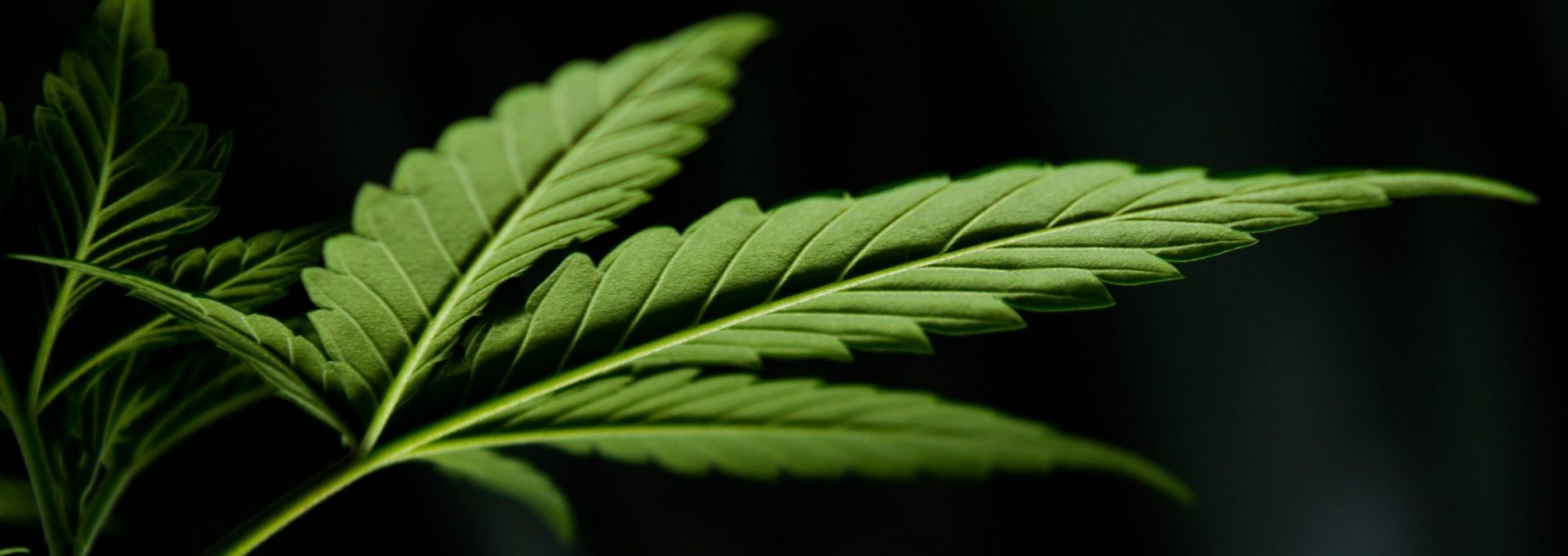


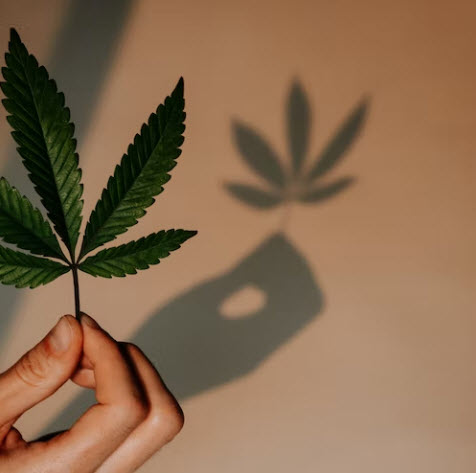
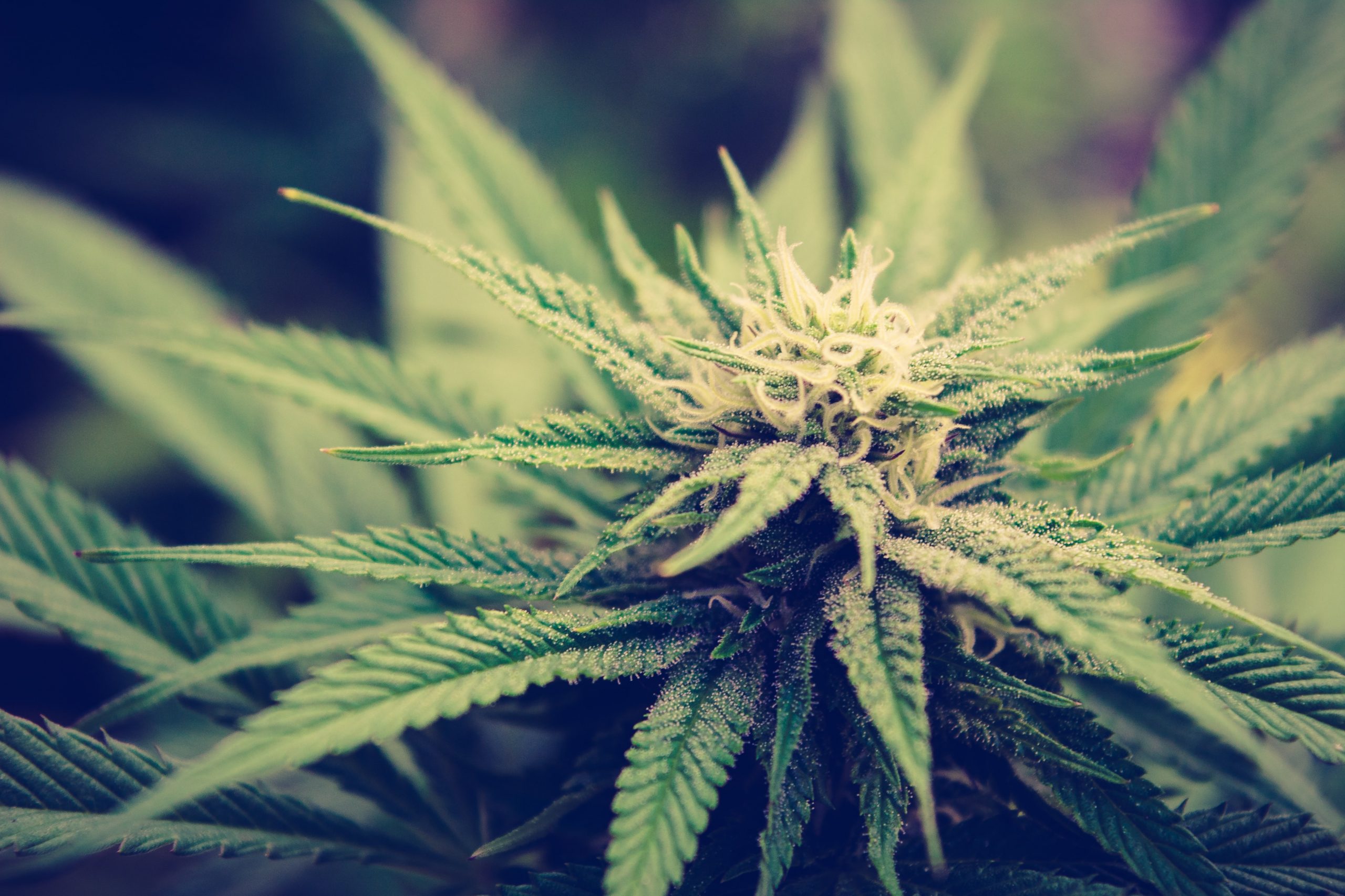
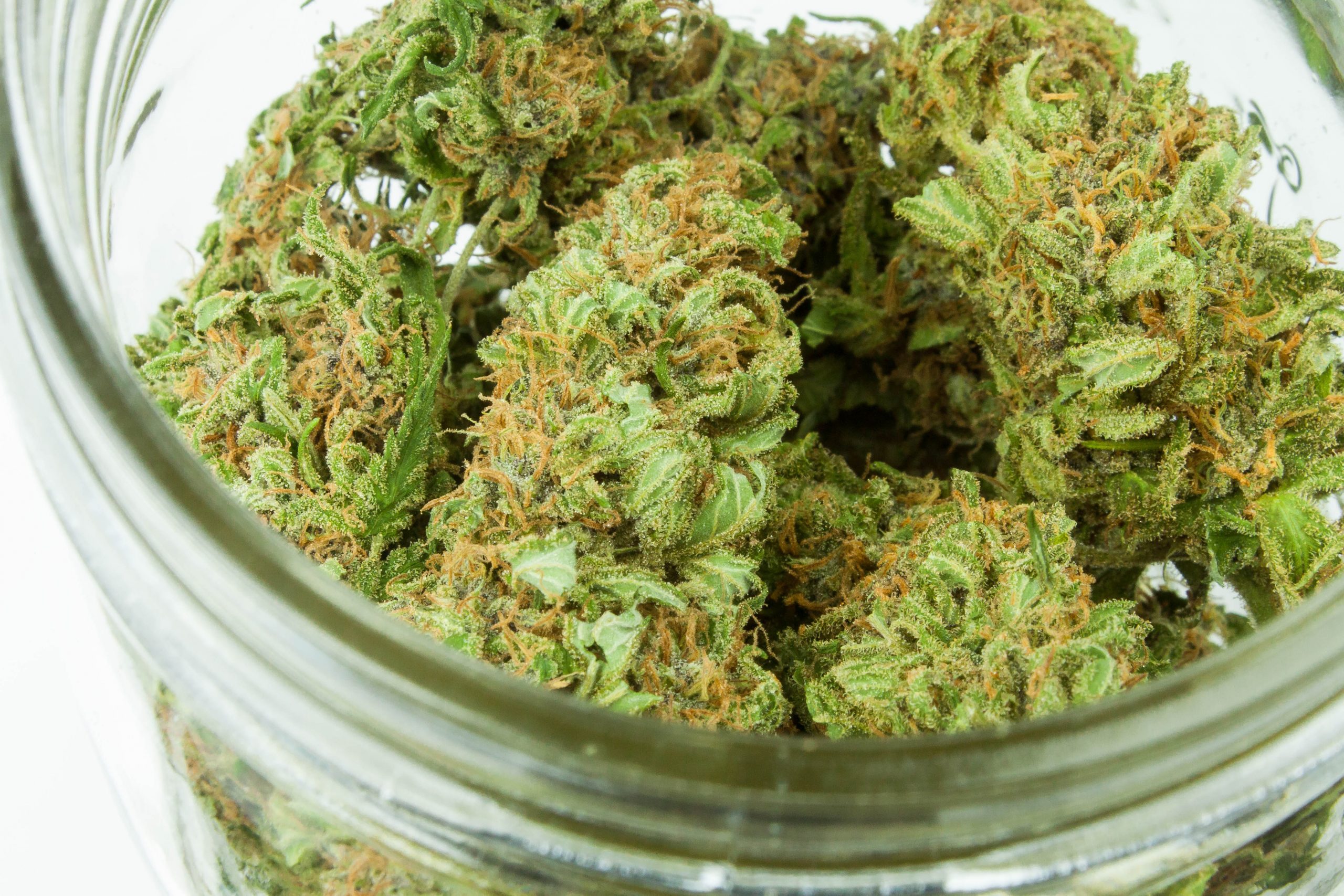



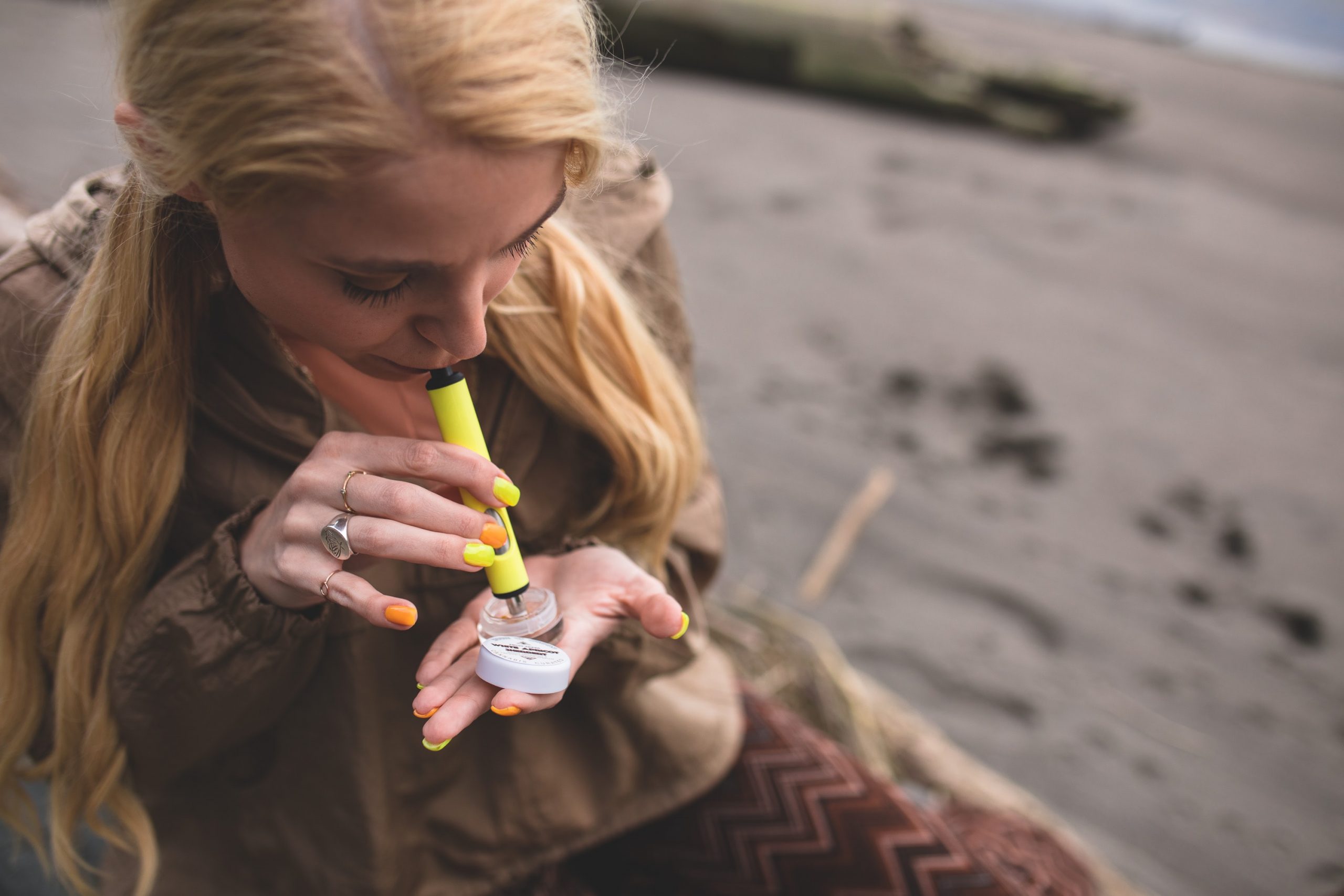
[…] attempt to reform the country’s drug laws dating from 1977, comes just a week after the highest court in the country refused to accept a case challenging the current ban on cannabis […]